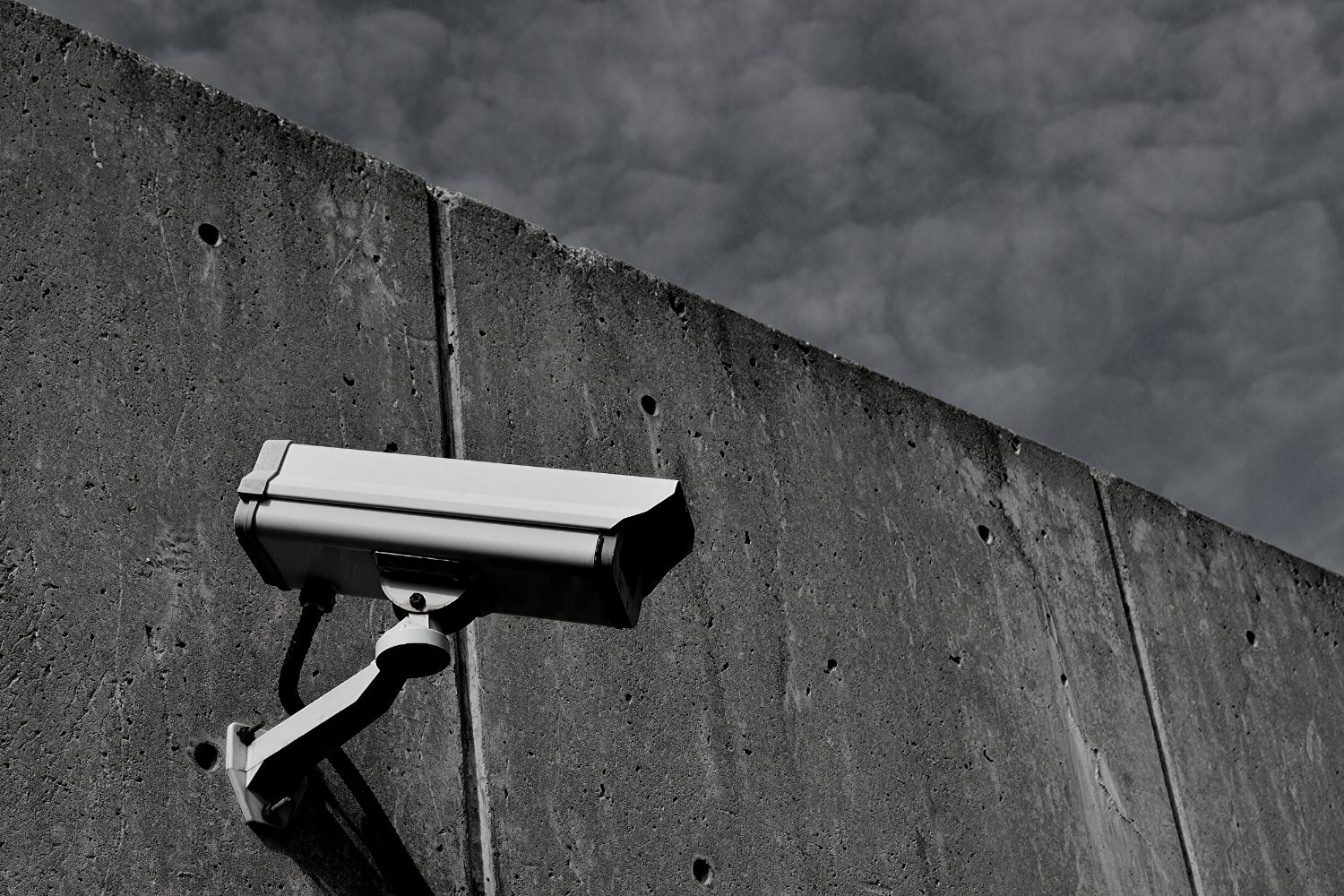
Rapport préparé par:
- Mirka Snyder Caron, Associée Senior
Rapport complet en format PDF ici.
Introduction:
En février 2020, l’Institut d’éthique en intelligence artificielle de Montréal (MAIEI) a été invité par le Commissariat à la vie privée du Canada (CVPC) afin de se joindre à une table ronde d’experts et de commenter sur leurs propositions portant sur certains amendements à la Loi sur la protection des renseignements personnels et les documents électroniques (LPRPDE) portant sur l’intelligence artificielle (IA). En parallèle, MAIEI a aussi été invité par la Commission d’accès à l’information du Québec (CAIQ) à présenter leurs commentaires par écrit concernant le processus de consultations et les propositions particulière à la loi québécoise en matière de vie privée, soit la Loi sur la protection des renseignements personnels dans le secteur privé (LPRPSP).
Le présent document inclut les réponses, les recommandations, et les commentaires de MAIEI par écrit. Pour chaque proposition et question de CAIQ, MAIEI donne une réponse courte, une liste sommaire des recommandations, et des commentaires pertinents. Nous vous laissons avec trois déclarations à garder en tête alors que vous passerez à travers les prochaines pages:
- Les systèmes IA devraient être utilisés de manière à augmenter la capacité humaine à bâtir des connections et des associations significatives à des fins valorisantes, et non pas comme substitut à une relation de confiance.
- Les humains ont collectivement accepté de respecter la règle de droit et la loi, mais pour les machines, le code est la règle. Là où les systèmes socio-techniques sont déployés afin de prendre des décisions importantes, et afin de créer profils ou des inférences concernant des individus, nous aurons de plus en plus à tenter l’exercice difficile de rédiger et de structurer nos lois de manière à pouvoir être interprétées par ces machines.
- Travaillons ensemble afin de bâtir un monde ou l’IA Responsable devient la règle, et afin d’éviter que nos systèmes socio-techniques deviennent “trop connectés pour échouer”.
Bien vôtre,
MAIEI
Rapport complet en format PDF ici.
